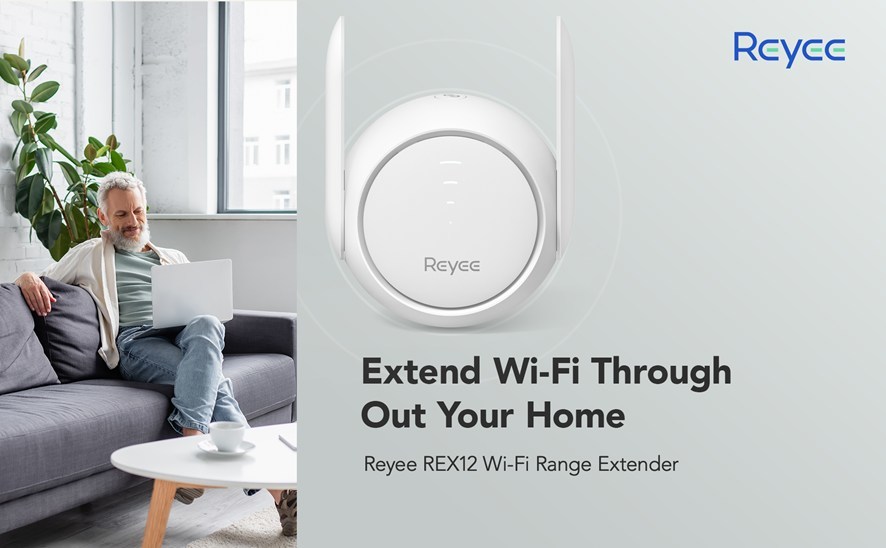Ways To Prevent Interference in Your Internet Connection

We use the internet to perform different jobs, research topics, and have fun on apps. However, some interferences will prevent us from connecting and make it difficult to use the web. There is a way to mitigate these interferences and get the stable connection you need to access the internet without a lag.
Clear the Path to the Access Point
The router or modem produces the wireless signal you use to access the internet. If there is a mass in front of the path of this signal, it will be choppy from interference. Clearing the path to the router will keep the signal strong and ensure there are no breaks in the connection.
Thick concrete or stone walls may prevent the signal’s full strength from reaching the device. Placing the router in a higher location will boost the signal and help prevent interference in your connection.
Separate Devices That Emit Radio Frequency
Active radio frequencies will cause interference in your internet connection by intercepting the path the wireless signal is on. The use of devices such as radios, baby monitors, and anything else with a built-in transmitter will send out radio waves that get picked up by your device instead of the Wi-Fi signal. Turning these devices off or moving them to a different location will make it easier for your device to connect to the internet’s wireless signal.
Isolate Other Cables
Ethernet cables are more reliable for having a stable internet connection with faster speeds. However, cables will emit electromagnetic waves that interfere with signals that other signals send to the computer to connect to the LAN.
Keeping cables isolated from each other will prevent interference issues in your internet connection, help promote cable safety in the area, and prevent accidents such as tripping over cords. Implementing cables with different types of shielding will also mitigate interference and allow you to place the cables closer together if needed.
Decrease Traffic in WiFi Channels
Using a router may give you the option of different channels, normally with 2.4 GHz and 5 GHz. Each channel will have its traffic.
Prioritizing which devices use each channel will prevent flooding of devices needing the signal and prevent interference from them. The higher option will be best for devices such as computers or gaming consoles, while lower channels will work best for phones and smaller devices.
Using the internet requires a quality signal, and when you have interference, it makes it difficult to enjoy your time online. These methods will help you create a clear connection that doesn’t drop or lag while connecting to a webpage.




